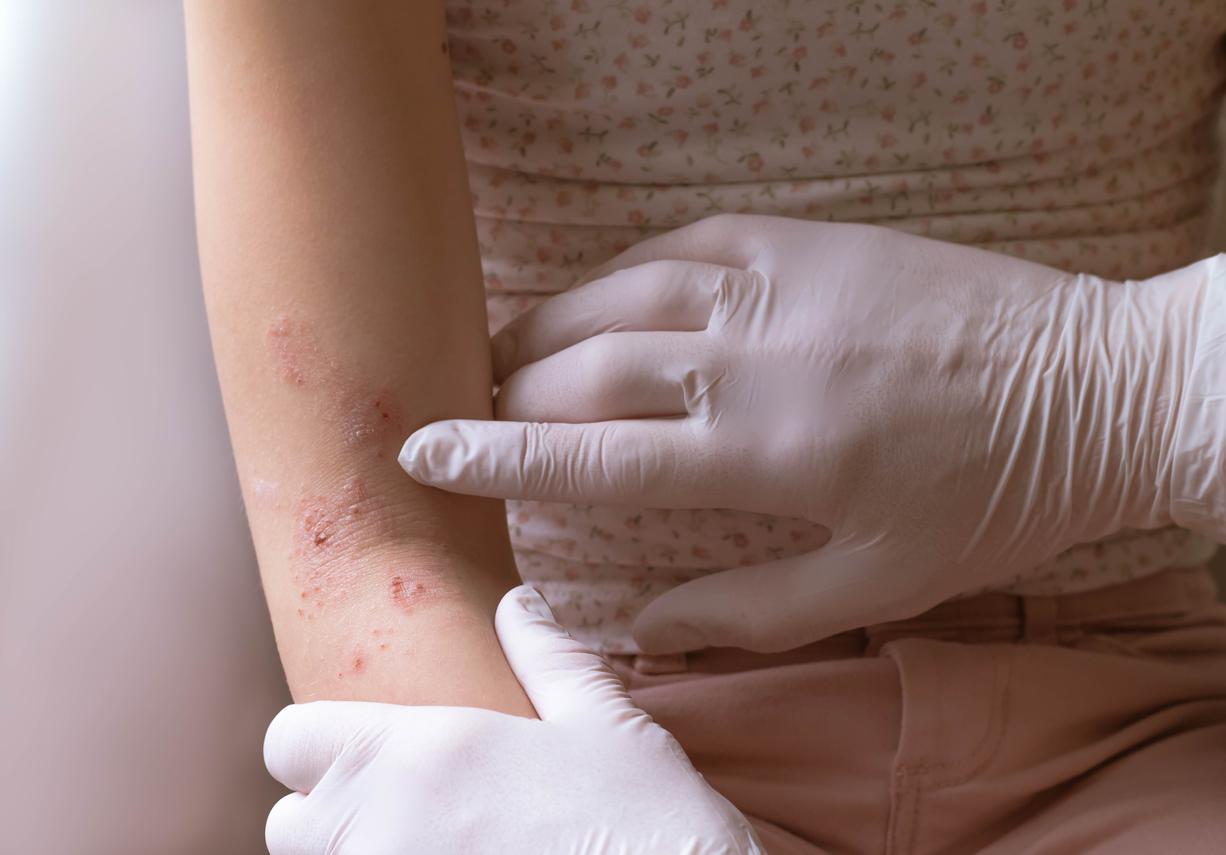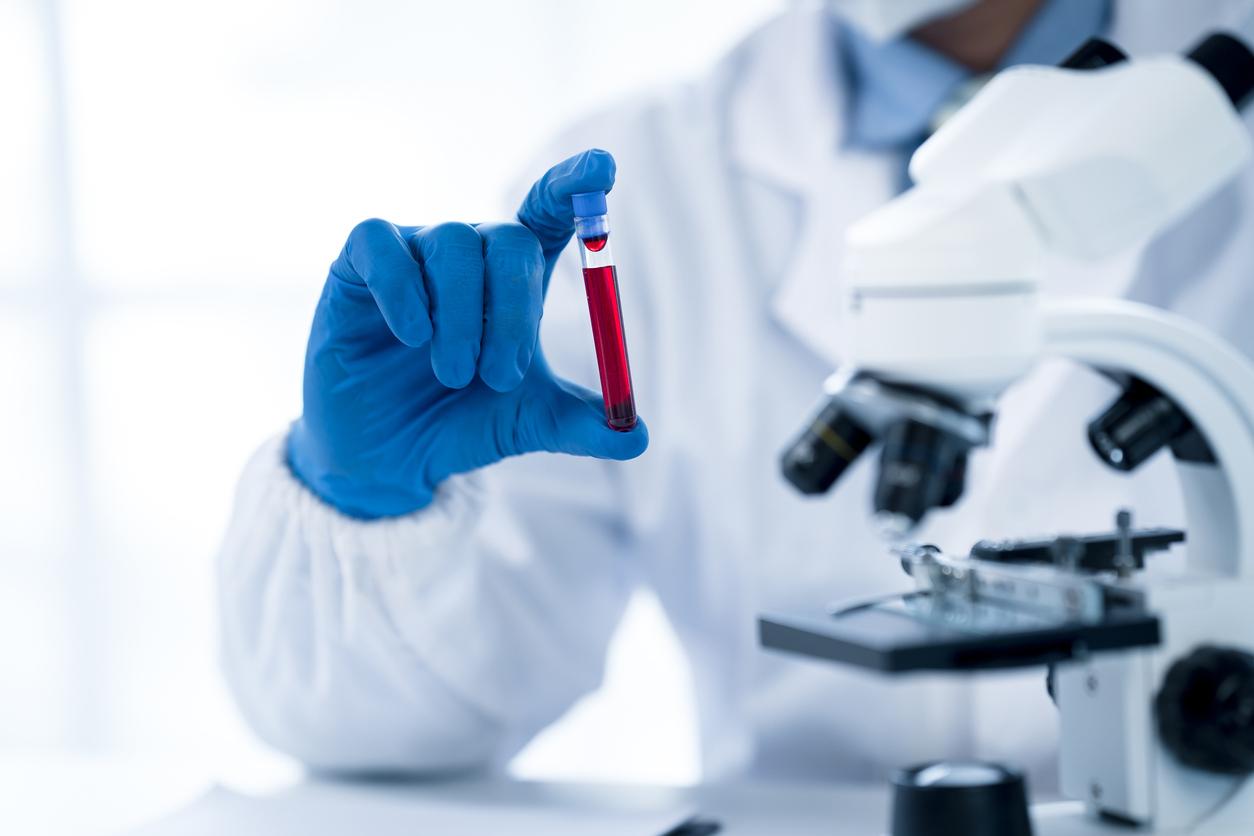Experiencing stress during adolescence increases the risk of suffering from postpartum depression, according to American research.

- A study, conducted on mice, suggests that stress during adolescence may increase the risk of postpartum depression.
- Mice stressed during adolescence showed elevated and prolonged cortisol levels after giving birth.
- For researchers, their discovery, if confirmed in humans, could open up new therapeutic avenues for postpartum depression.
According to’national perinatal survey 202116.7% of women show signs of postpartum depression two months after the birth of their child.
Several treatments can provide relief to young mothers. However, some patients do not respond. A Johns Hopkins Medicine study made a discovery while studying mice that could lead to a new therapeutic strategy: stress during adolescence increases the risk of postpartum depression.
The results were published online on April 11, 2024 in Nature Mental Health.
Stress: elevated cortisol levels in mice with signs of postpartum depression
To understand the influence of stress on postpartum depression, researchers studied mice. Some females had been stressed during their “adolescence” by being isolated, others not. Subsequently, some had babies and others did not.
By studying and comparing these rodents, the team noticed that seven days after giving birth, mothers who were stressed in their youth had reduced mobility and an appetite for sugar. These are two factors considered markers of depression in mice. This persisted for at least three weeks after their delivery.
Secondly, the scientists measured the hormone levels in the animals’ blood. They then discovered that cortisol levels were higher in mothers with and without negative early life experiences. “However, cortisol levels in non-stressed mothers decreased to normal levels after delivery, while levels in mothers with negative early life experiences remained elevated for one to three weeks after birth”note the researchers in their communicated.
For the lead author of the study, Dr. Akira Sawa, the results suggest a correlation between a prolonged elevation of cortisol after childbirth and signs of postpartum difficulties in mice that experienced significant stress when they were young. . He also believes that this work could be transposed to humans.

Postpartum depression: a new therapeutic avenue?
If the discovery made in mice was confirmed in humans, this could open a new therapeutic avenue for mothers suffering from postpartum depression, according to Dr. Akira Sawa. The specialist suggests that antidepressants, glucocorticoid receptor antagonists that block the effects of high cortisol levels, could constitute a new treatment option for postpartum depression.
“The alternative line of treatment suggested by the mouse study – the results of which are consistent with those of our observational study in humans – could allow mothers to be treated at home and avoid separation from their mothers. baby, and to target a different mechanism of depression that could be specific to postpartum depression.”
The scientist plans to conduct further research to check cortisol levels in women with postpartum depression. He also wishes to determine whether glucocorticoid receptor antagonists are beneficial against this disorder, and a possible alternative to selective serotonin reuptake inhibitors, which are currently mainly prescribed.
















